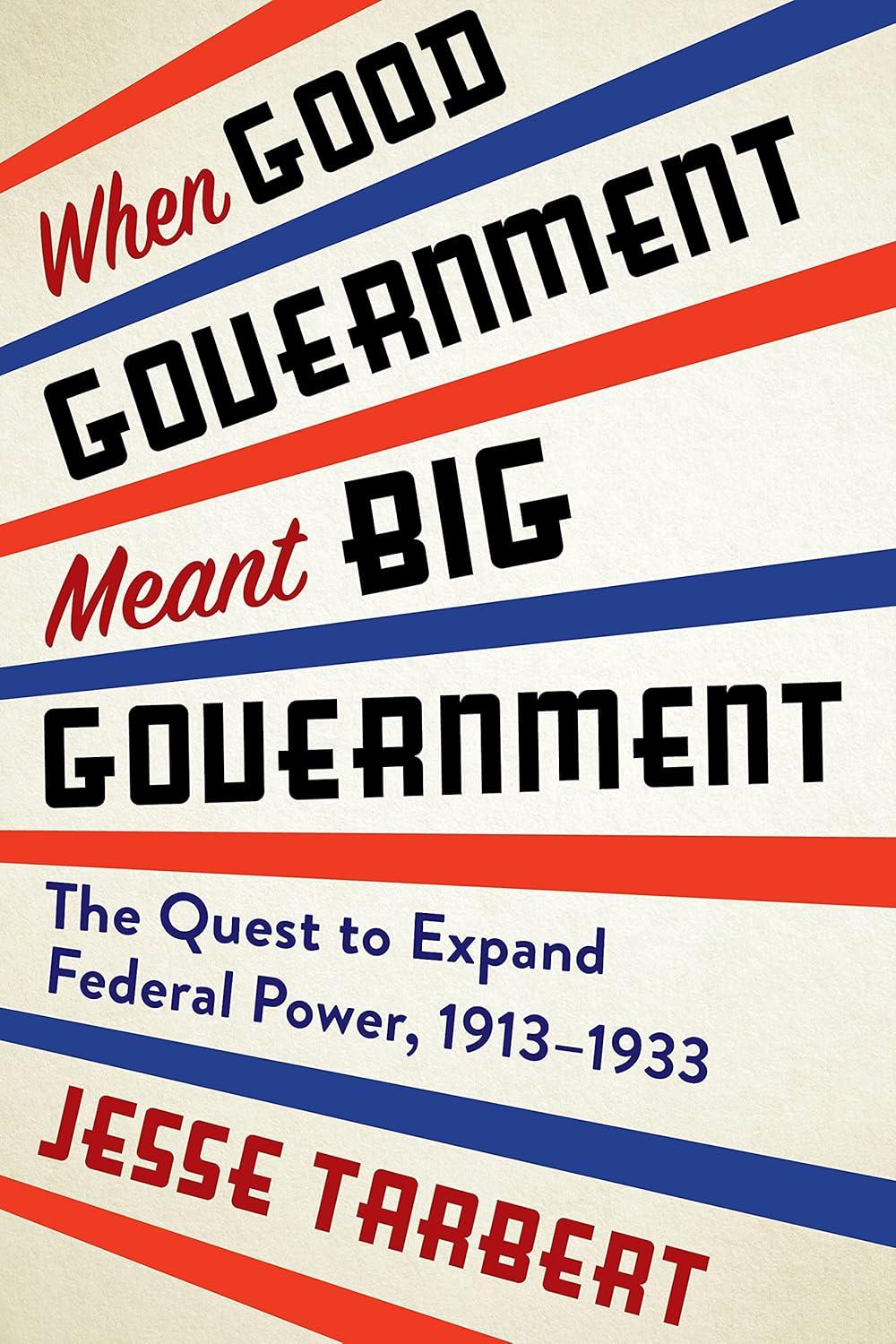The Docket [TD]: Jesse, thanks so much for talking with us about your new book! Most of our readers will have assumed that “big government” was the handiwork of the American left, which sought to grow the capacity of government to deal with the stratospheric rise of modern capitalism. But your book, When Big Government Meant Good Government: The Quest to Expand Federal Power, 1913-1933, makes a different argument. Can you walk our readers through your argument about how “elite reformers” powered the rise of a new federal government in the early twentieth-century?
Jesse Tarbert [JT]: I argue that, during the first third of the twentieth century, the movement to expand the capacity of the national government was led by moderate and conservative policy advocates and policymakers with ties to Wall Street. Especially during the 1910s and 1920s, it was people like William Howard Taft, Charles Evans Hughes, Elihu Root, Charles D. Norton, and Henry L. Stimson who were the most persistent proponents of central power and national authority.
In debates in this period about budget reform, executive reorganization, veterans benefits, prohibition enforcement, antilynching, and other related topics, this group devised and promoted plans that they believed would increase national governing capacity by improving the managerial efficiency of the federal executive branch.
They saw themselves as promoting “good government” and fighting against corruption and lawlessness. They seem to have been motivated, on one level, by an understanding that modern capitalism required a modern state to support it. On another level, especially after World War One, they were motivated by the idea that the national administration could be improved by implementing managerial practices developed in corporate governance. Nowadays, it is commonplace for politicians say that government should be run like a business, and they usually mean that government should cut costs. However, in the 1910s and 1920s, people like Taft and Stimson were clear that they did not mean cost-cutting. They were interested in making government more effective and making it possible to implement national policies.
I spent a long time deciding what to call these actors before settling on “elite reformers.” Many of them have been called “progressive,” but many of their opponents were also called “progressive.” For instance, Woodrow Wilson opposed most of their proposals. I was tempted to call them “corporate elites,” but their proposals were often opposed by other actors who also fit that description. For instance, leaders of the Dupont Company fought against a number of their initiatives.
